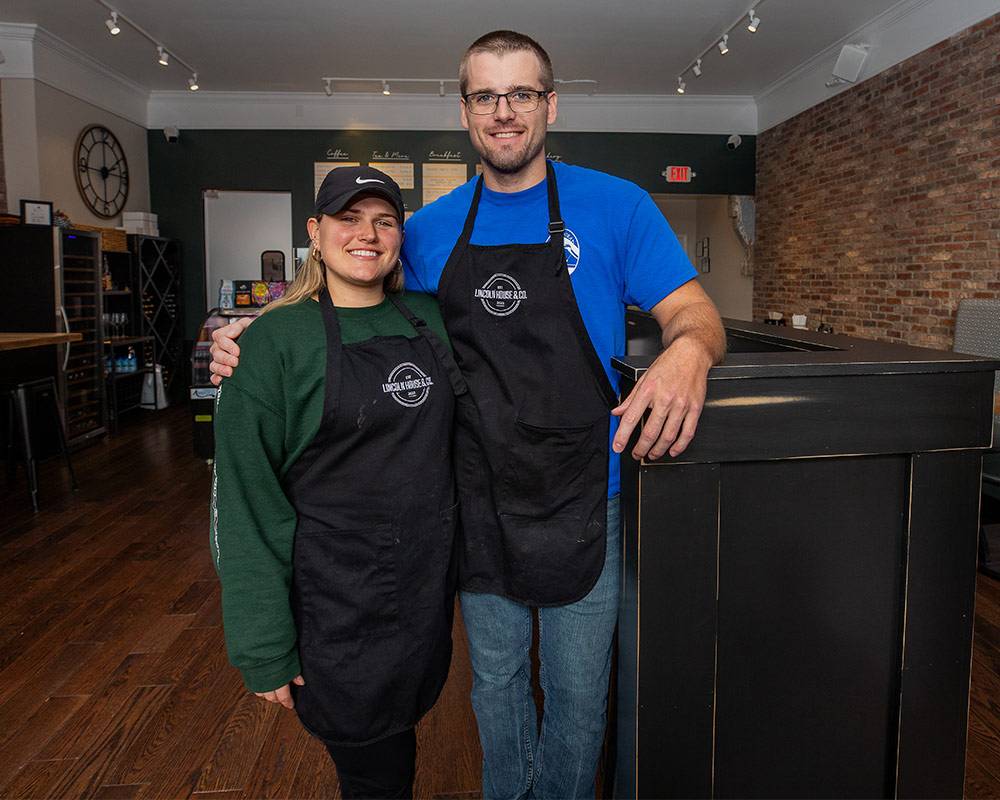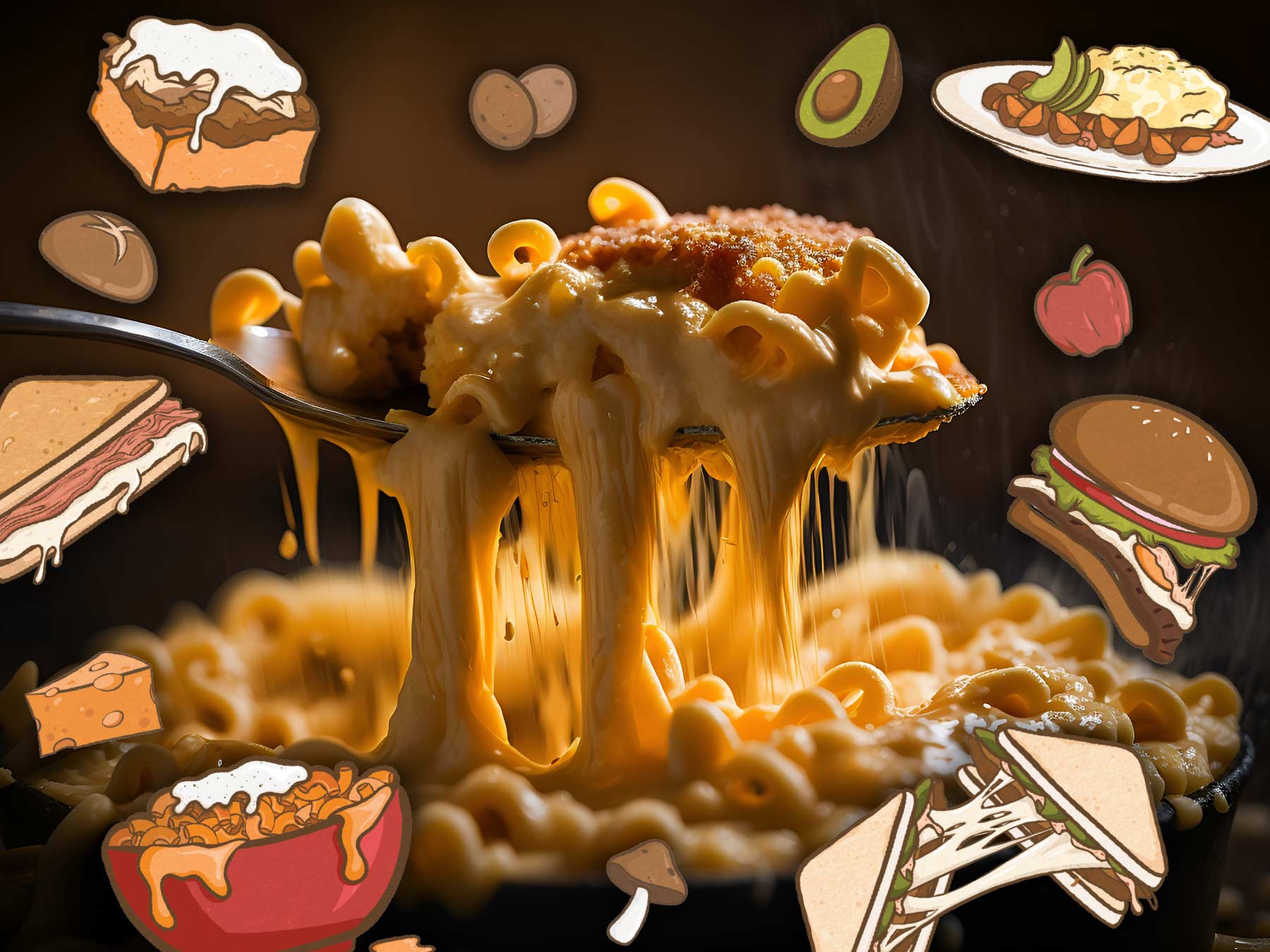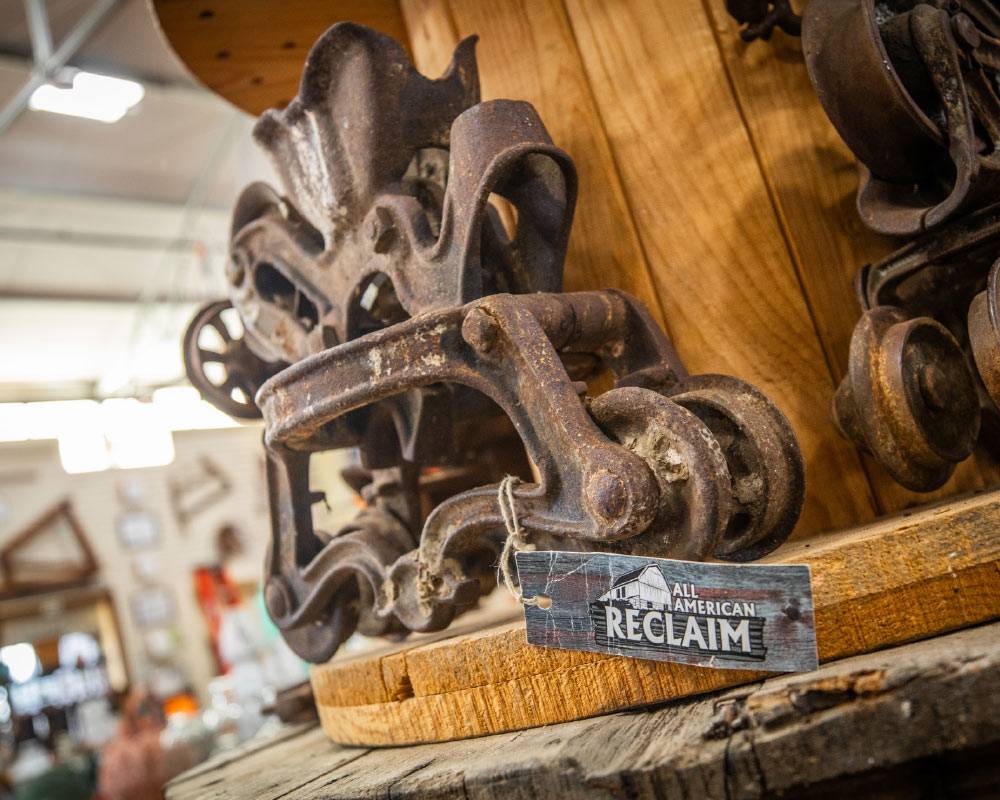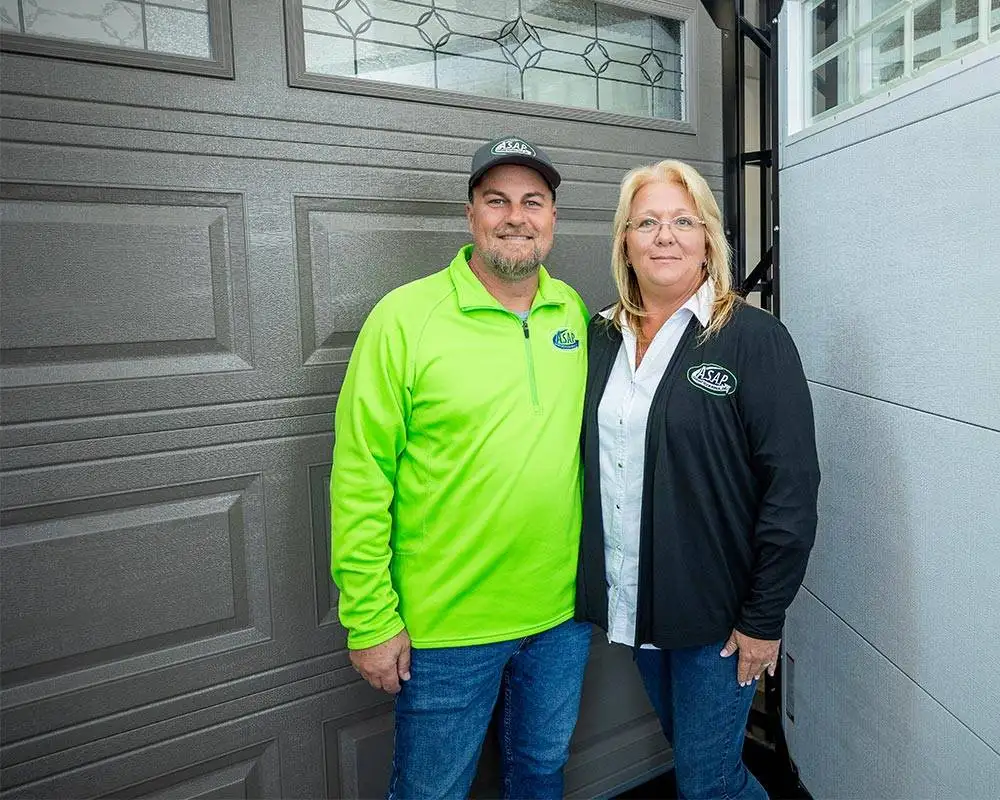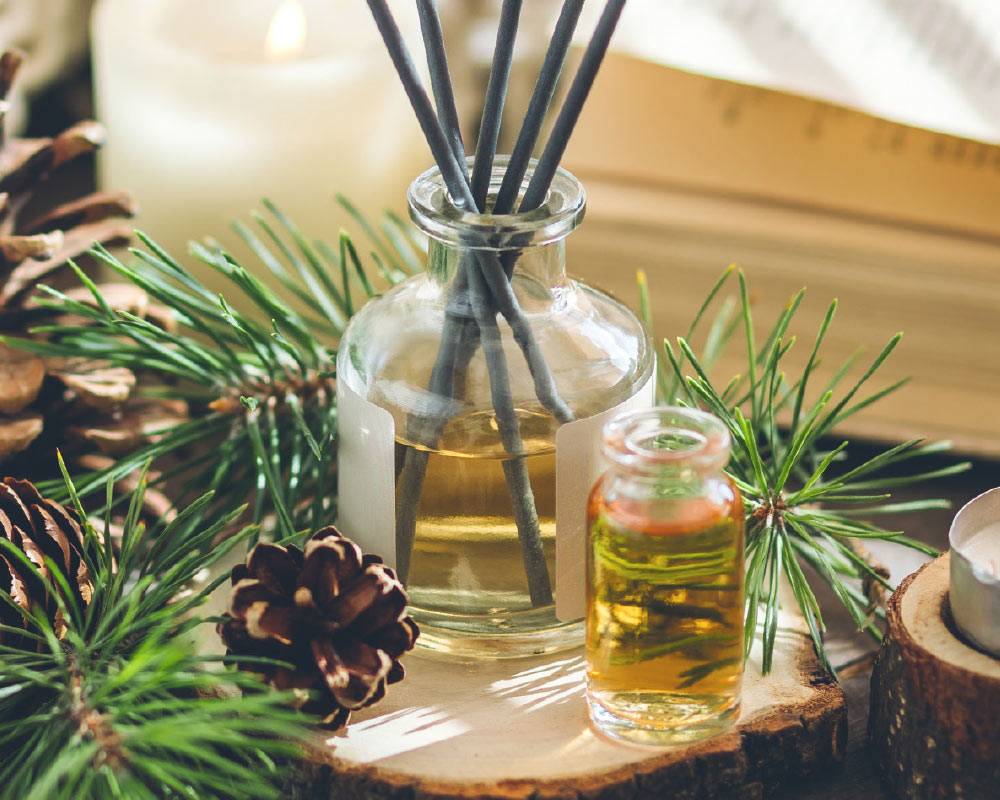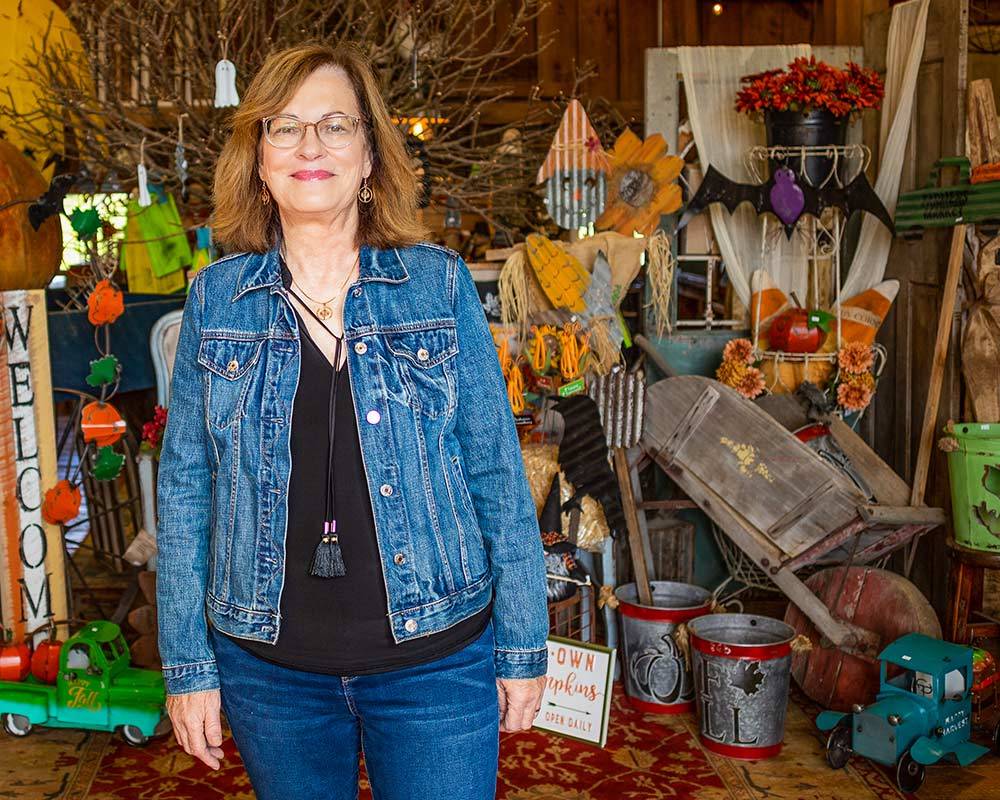Quality and authenticity matter, particularly when it comes to jewelry shopping. Here’s how to spot the difference between the best and everything else.

Not all jewelry is the same. That goes for jewelers, too.
How can you be sure you’re buying quality, fine jewelry from a reputable dealer? It requires a bit of instinct and some training – just like you’ll find at a trusted hometown jeweler.
“People would probably hold a lot of jewelers on the same level as used car salesmen,” says Michael J. Miller, owner of M.J. Miller & Co., 123 W. Main St. in Barrington. “But the truth is we have some of the most ethical people and the finest people in the world. If you’re looking for an outstanding jeweler, find someone who’s been in business at least seven years, has a good reputation, works independently. They’re probably pretty good. With the big-box stores, you get what you pay for.”
Miller has spent 55 years buying and selling some of the finest jewelry and gemstones in the world.
His travels have taken him directly to the world’s gem mines and some of the most reputable stone cutters. In return, some of the world’s most sophisticated customers turn to him.
Miller believes the first sign of a quality jeweler is that he or she seeks to educate the customer. The average person doesn’t know what they’re buying, so a good jeweler helps them to understand the basics.
At M.J. Miller & Co., jewelers like to identify the customer’s needs and interests, so they can help to achieve a goal. Miller recalls a time 30 years ago when a young man came in with $100 to spend on diamond earrings for his girlfriend. So, he helped the man find the highest-quality product at that price point.
“A lot of people don’t think these things can be done,” Miller says. “But we’ll help you out, and we’ll help you find a quality product that will become a family heirloom.”
Three decades later, the couple are married and their family still returns to Miller. There, too, is another mark of a quality jeweler: Reputable jewelers build a long-lasting customer base.
“I’ve serviced four generations in some cases,” he says. “These are people whose mother, grandmother and father came here.”
The sales process should be a low-pressure exchange. If you’re not getting the answers you seek or the sales process feels high-pressure, beware, says Miller.
“Anybody who’s high-pressure, stay away,” he says. “Go to 47th Street in New York and you’ll find out what high pressure is all about. We have them here in Chicago, too. But an excellent retailer is focused on helping you. That’s why some companies are still in business after 150 years, or 55 years.”
As important as it is to find the right jeweler, it’s also important to know you’re buying quality products. Miller not only stands behind his work, but he can tell you where it comes from. Not only does he know his suppliers, but he knows that custom settings and repairs are made in-house.
He also has the paperwork showing it’s an authentic diamond or gemstone, and not some artificial thing created in a Chinese lab – like you might find at a big-box store these days. Watch out for online retailers, as they have their own faults, says Miller. Some companies may rope you into a bait-and-switch.
“All of our diamonds are certified by the Gemological Institute of America,” says Miller. “They guarantee the quality of what you’re getting. There are other certificates out there, but they’re not worth the paper they’re printed on.”
Why does it matter? Because a quality, authenticated diamond or gemstone never loses its value. As for the man with the $100 earrings, he traded them in years ago and has been trading up ever since. His latest purchase: a set of 5 carat diamonds.
“Untreated, natural rubies, sapphires and emeralds are very rare today, but they always hold their value,” says Miller.
The same goes for quality jewelers.
“Jewelry is such a meaningful heirloom, and if it’s maintained it keeps for many generations,” says Miller. “I’ve had pieces that go back to Marie Antoinette, and even a few antique pieces from the 12th and 13th centuries. But the average person buying a piece of jewelry doesn’t think about that. If you buy quality it will hold up for generations, it’ll hold its value, and it’s something excellent to pass on.”













